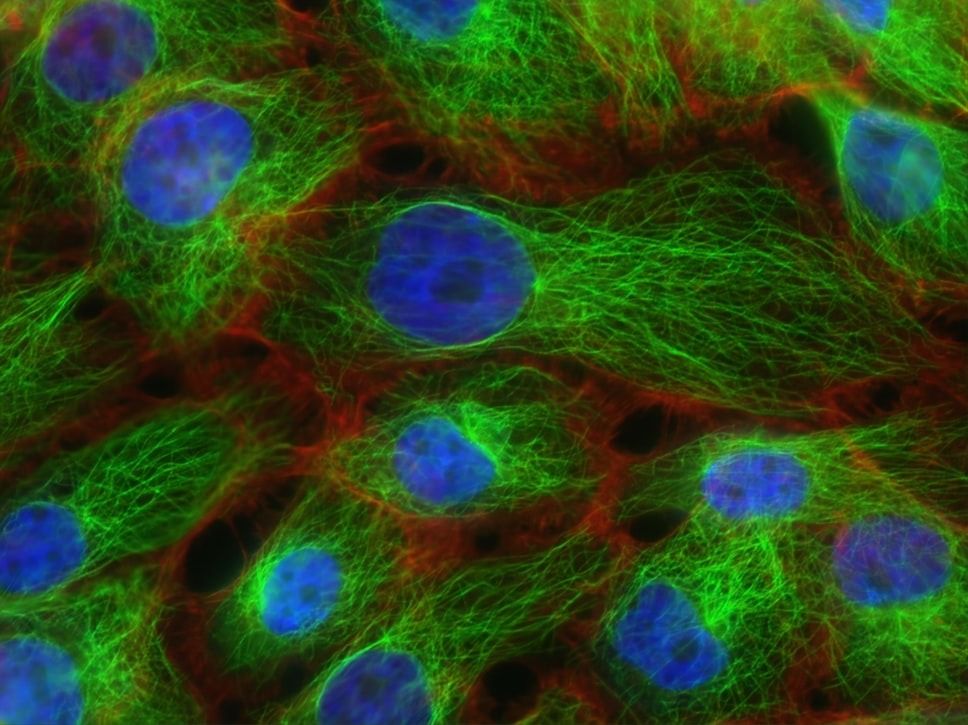Scientists from the international XENON collaboration, an international experimental group including the Kavli Institute for the Physics and Mathematics of the Universe (Kavli IPMU), University of Tokyo; the Institute for Cosmic Ray Research (ICRR), University of Tokyo; the Institute for Space-Earth Environmental Research (ISEE), Nagoya University; the Kobayashi-Maskawa Institute for the Origin of Particles and the Universe (KMI), Nagoya University; and the Graduate School of Science, Kobe University, announced today that data from their XENON1T, the world’s most sensitive dark matter experiment, show a surprising excess of events. The scientists do not claim to have found dark matter. Instead, they have observed an unexpected rate of events, the source of which is not yet fully understood. The signature of the excess is similar to what might result from a tiny residual amount of tritium (a hydrogen atom with one proton and two neutrons), but could also be a sign of something more exciting—such as the existence of a new particle known as the solar axion or the indication of previously unknown properties of neutrinos.
XENON1T was operated deep underground at the INFN Laboratori Nazionali del Gran Sasso in Italy, from 2016 to 2018. It was primarily designed to detect dark matter, which makes up 85% of the matter in the universe. So far, scientists have only observed indirect evidence of dark matter, and a definitive, direct detection is yet to be made. So-called WIMPs (Weakly Interacting Massive Particles) are among the theoretically preferred candidates, and XENON1T has thus far set the best limit on their interaction probability over a wide range of WIMP masses. In addition to WIMP dark matter, XENON1T was also sensitive to different types of new particles and interactions that could explain other open questions in physics. Last year, using the same detector, these scientists published in Nature the observation of the rarest nuclear decay ever directly measured.
The XENON1T detector was filled with 3.2 tons of ultra-pure liquefied xenon, 2.0 t of which served as a target for particle interactions. When a particle crosses the target, it can generate tiny signals of light and free electrons from a xenon atom. Most of these interactions occur from particles that are known to exist. Scientists therefore carefully estimated the number of background events in XENON1T. When data of XENON1T were compared to known backgrounds, a surprising excess of 53 events over the expected 232 events was observed.





